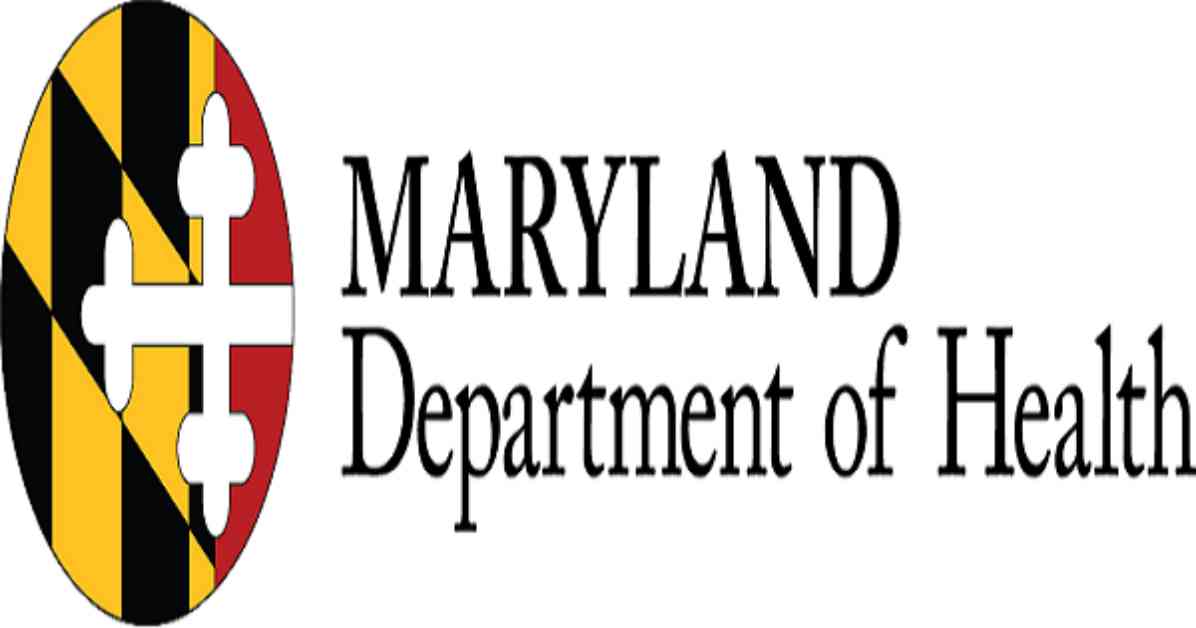Maryland RecoveryNet Halts Approvals Amid Funding Crisis
In a recent announcement by the Maryland Department of Health’s Behavioral Health Administration, the state’s Maryland RecoveryNet program will be pausing approvals for recovery housing applications starting March 31, 2025. This decision comes as a result of funding exhaustion for the current fiscal year, impacting individuals who rely on the program for crucial housing support during their recovery journey.
Maryland RecoveryNet is a vital statewide program that offers recovery support services to individuals struggling with substance use disorders. Administered through local behavioral health authorities, the program provides a range of services including recovery housing, transportation assistance, employment support, and case management. These services are instrumental in helping individuals maintain long-term sobriety, secure stable housing, and reintegrate into their communities.
Challenges Ahead: Funding Limitations Impact Services
With the program reaching its funding limit, new 60-day authorizations for recovery housing and extended 30-day concurrent authorizations will no longer be processed. Furthermore, all new residence provider applications and service location applications from both new and existing providers will be put on hold for the rest of the fiscal year.
The Maryland Department of Health has cited funding constraints as the primary factor driving this difficult decision. Under the framework of state health laws, the Behavioral Health Administration will embark on a comprehensive review of current practices and available funding resources to chart a sustainable path forward. During this evaluation period, the agency will focus on reevaluating funding structures, exploring more viable service models, and ensuring that essential recovery housing and services remain accessible and effective statewide.
For the current fiscal year, existing residents in recovery housing will not be impacted by the pause in approvals. However, new applicants seeking these critical services may face delays in accessing the support they urgently need. State officials have yet to announce a specific timeline for when new authorizations and provider applications will be reinstated. The Maryland Department of Health is committed to collaborating with local behavioral health agencies, recovery advocates, and service providers to identify long-term funding solutions and ensure the sustainability of the program.
Looking Ahead: A Path to Sustainability
As Maryland RecoveryNet navigates this funding crisis, stakeholders are working diligently to find innovative solutions that will safeguard the program’s future and continue providing essential services to those in need. The community is rallying together to support individuals in recovery and ensure that no one is left behind due to funding limitations.
In the words of Dr. Sarah Johnson, a leading expert in addiction recovery, “The impact of pausing approvals for recovery housing applications is significant for individuals on their journey to sobriety. We must prioritize finding sustainable funding solutions to ensure that these vital services remain available to everyone seeking support.”
As we navigate these challenging times, it is crucial for policymakers, advocates, and community members to come together and advocate for the resources needed to sustain programs like Maryland RecoveryNet. By working collaboratively and prioritizing the well-being of individuals in recovery, we can overcome these obstacles and continue providing critical support to those who need it most.
David M. Higgins II is an award-winning journalist passionate about uncovering the truth and telling compelling stories. Born in Baltimore and raised in Southern Maryland, he has lived in several East Coast states, developing a deep appreciation for the unique stories that each community has to offer. With a keen eye for detail and a commitment to ethical journalism, David strives to shed light on important issues and inspire positive change in the world.

















